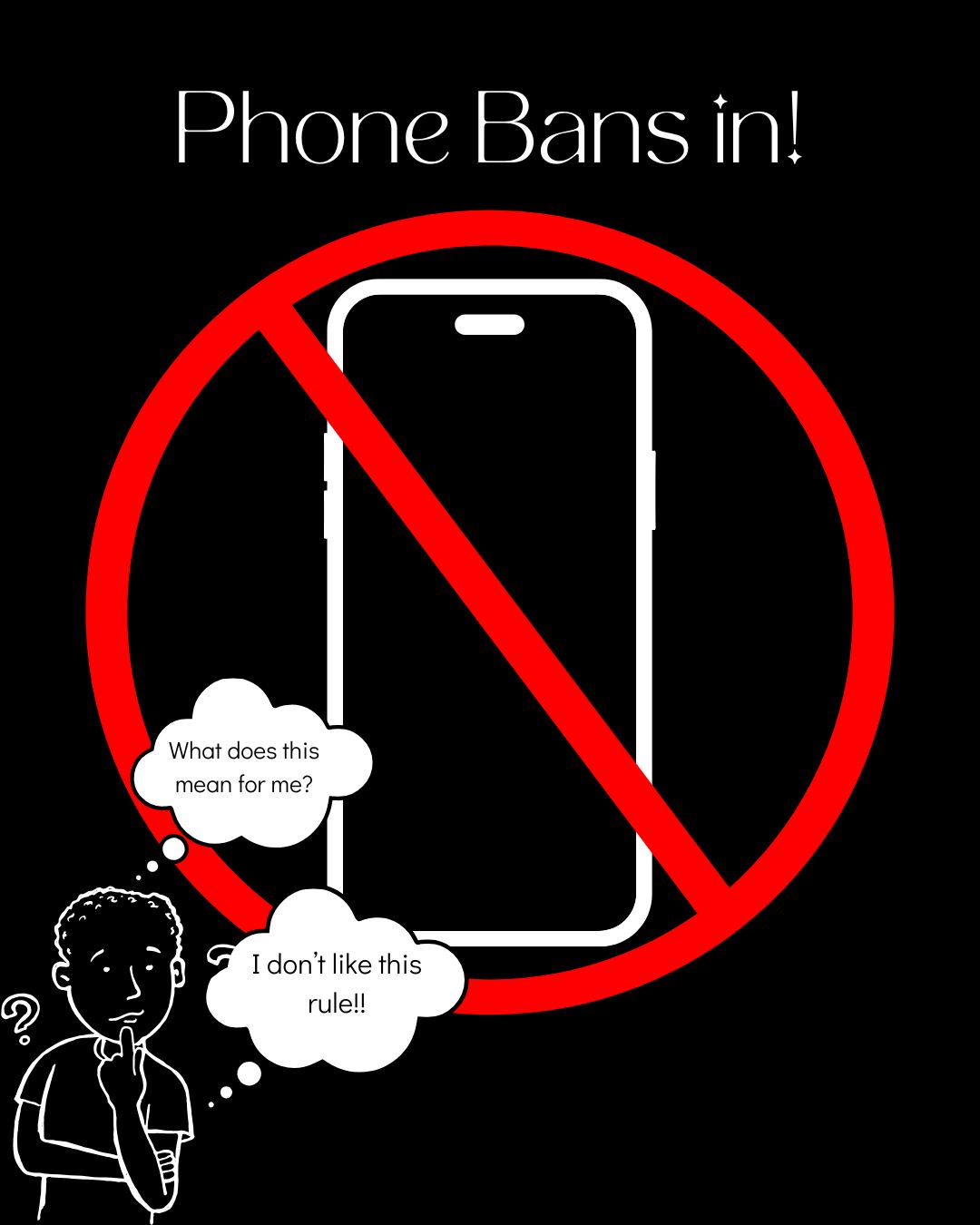Phones have long been an issue for teachers in the school environment. They’ve been distracting to students, a source of unnecessary conflict, and an instrument in facilitating school drama. On April 14th, Arizona Governor Katie Hobbs signed House Bill 2484 into place, officially calling for the lessening of phone use in Arizona schools.
The bill advocates for the limitation of access to phones in both public and charter schools. However, districts have the choice to adopt policies and how they enforce them. It’s important to note that students still may have access to phones during lunch time or passing hours. However, they are to be kept away during instructional time in the classroom.
The new law specifically aims to limit usage of the internet, whether it’s social media or messaging apps, and not just for students. It also encourages districts to enforce these policies on teachers and have them remain professional during school hours by staying off unnecessary devices. It also states that teachers are responsible for what they post on public social media platforms, and may be subject to disciplinary action if the content they make is inappropriate.
Students are also protected by the new law, as messages between teachers, students, and parents are required to be made accessible by the district and law enforcement. Communication between students and teachers outside of school hours that is unrelated to extracurriculars or education is discouraged. By limiting access to phones in schools, students can also be protected from potential fights that may sprout from social media or messaging during school hours.
The Agua Fria district has chosen to implement the new policies with a twist. Phone usage will be directed by a stoplight system in each classroom. Red signifies that phones should not be used under any circumstance, yellow means that phones can be used for educational purposes, and green represents that students may use their phones for non-educational purposes. Teachers will direct students on what color to abide by at a given time.
Overall, this bill is a win for teachers and staff who have had trouble in the past with students being addicted to phones. However, parents and students are concerned. Parents want direct communication with their children if an emergency arises, and students want to be able to communicate with each other. Only time will tell how effective these new policies are, and whether they’re entirely ethical.




